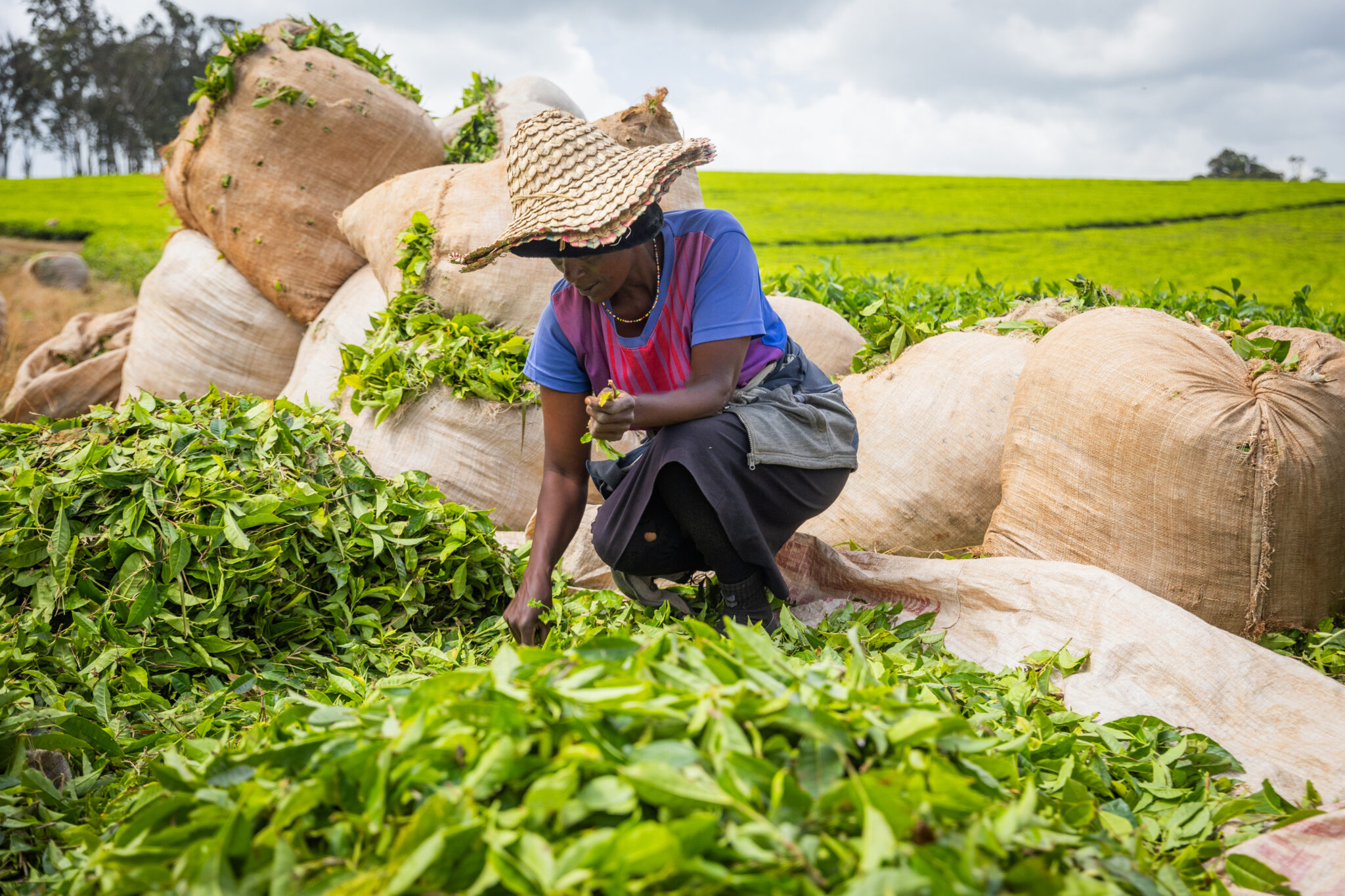Exploring the Use of Mobile Money Services among Tea SACCOs in Rwanda

Tea farmer harvesting leaves. © Media Lens King – stock.adobe.coma
Study Context
This project explored the social impact of mobile money services among tea Savings and Credit Co-operatives (SACCOs) members in Rwanda, following the implementation of a payment automation project funded by Access to Finance Rwanda (AFR). In this project, banking operations of two SACCOs were automated and integrated with a mobile money platform, Tigo-Cash. This integration aimed to help the SACCO members to access their money through the mobile money platform and reduce the time farmers and pickers spent visiting their SACCOs to receive their wages and salaries in cash. It was envisaged that both farmers and pickers would spend more time working on the tea farms and this would improve their productivity in terms of the amount of tea delivered to the factory, as well as the quality of tea delivered.
Study Design
This research looked at the experiences of members of the targeted SACCOs in order to understand the opportunities and challenges that emerged from this automation. Further, the study sought to assess any potential spillovers of transitioning agricultural cooperatives to a mobile money payment system. The research approach was qualitative in nature and used a combination of diary studies, focus group discussions, individual in-depth interviews, observations and key informant interviews. However, in order to explore the demographic characteristics of the respondents, the research team also collected limited quantitative data on research participants.
Various data analysis methods were employed including quantitative analysis, content analysis and discourse analysis. Qualitative data analysis was done under six themes which included:
- Uptake and farmers experiences with mobile money
- Benefits and opportunities of mobile money for farmers
- Challenges and limitations to mobile money access
- Value propositions for various stakeholders
- Regulatory aspects for growth and sustainability of mobile money in Rwanda
- Effects of COVID-19 on mobile money experiences
Results and Policy Lessons
Wealthier and male participants reported better access to mobile money services, likely due to greater rates of mobile phone ownership. The COVID-19 lockdown increased the use of mobile money services significantly, both to send money as well as making payments for goods, services, or other bills. Researchers also found the complete removal of fees during the COVID-19 lockdown period caused a surge in mobile money transactions, and the later reintroduction of the fees did not negate these gains. The main obstacle to using the mobile money services is lack of enough “float” for mobile money agents with a number of respondents indicating that agents frequently lack enough cash to serve them. This study revealed that mobile payment systems are relatively easy to use, although those who have not used the services have a perception that it is hard to use the service.

